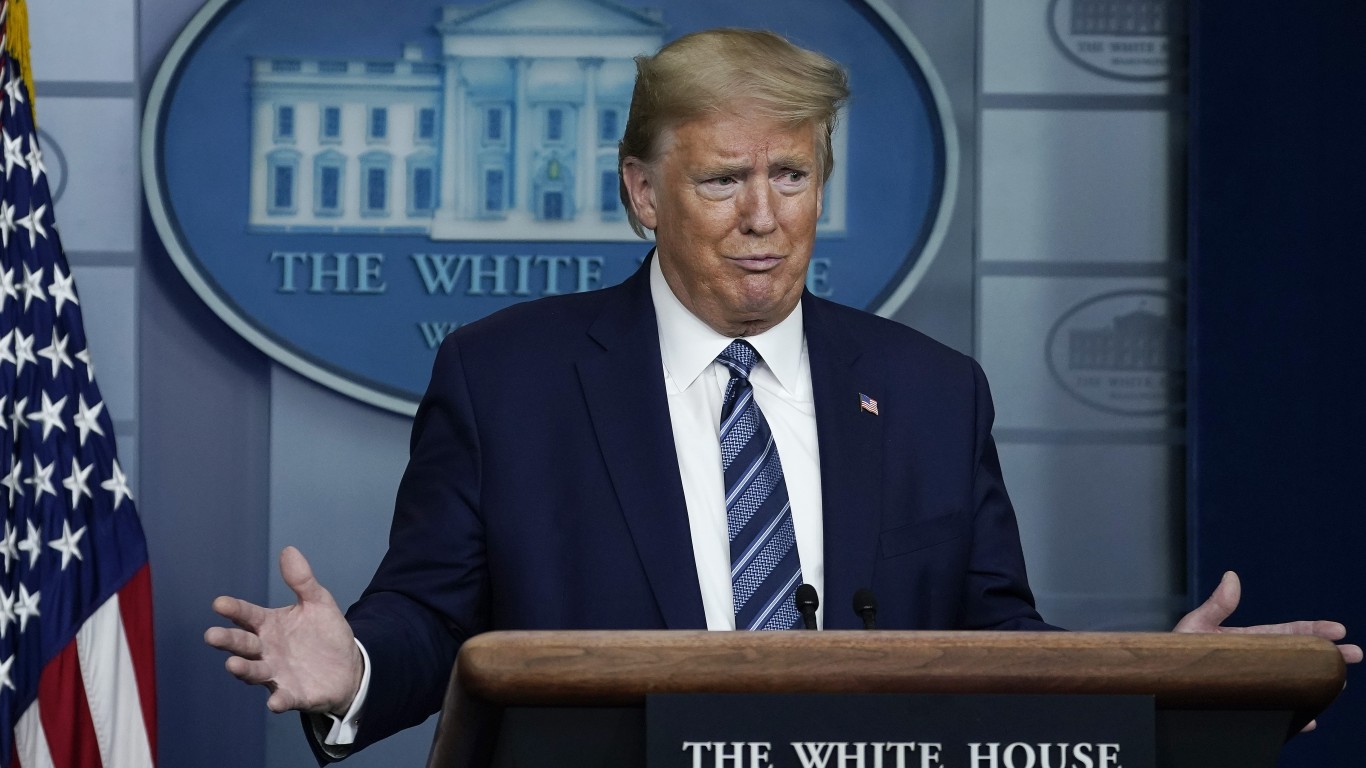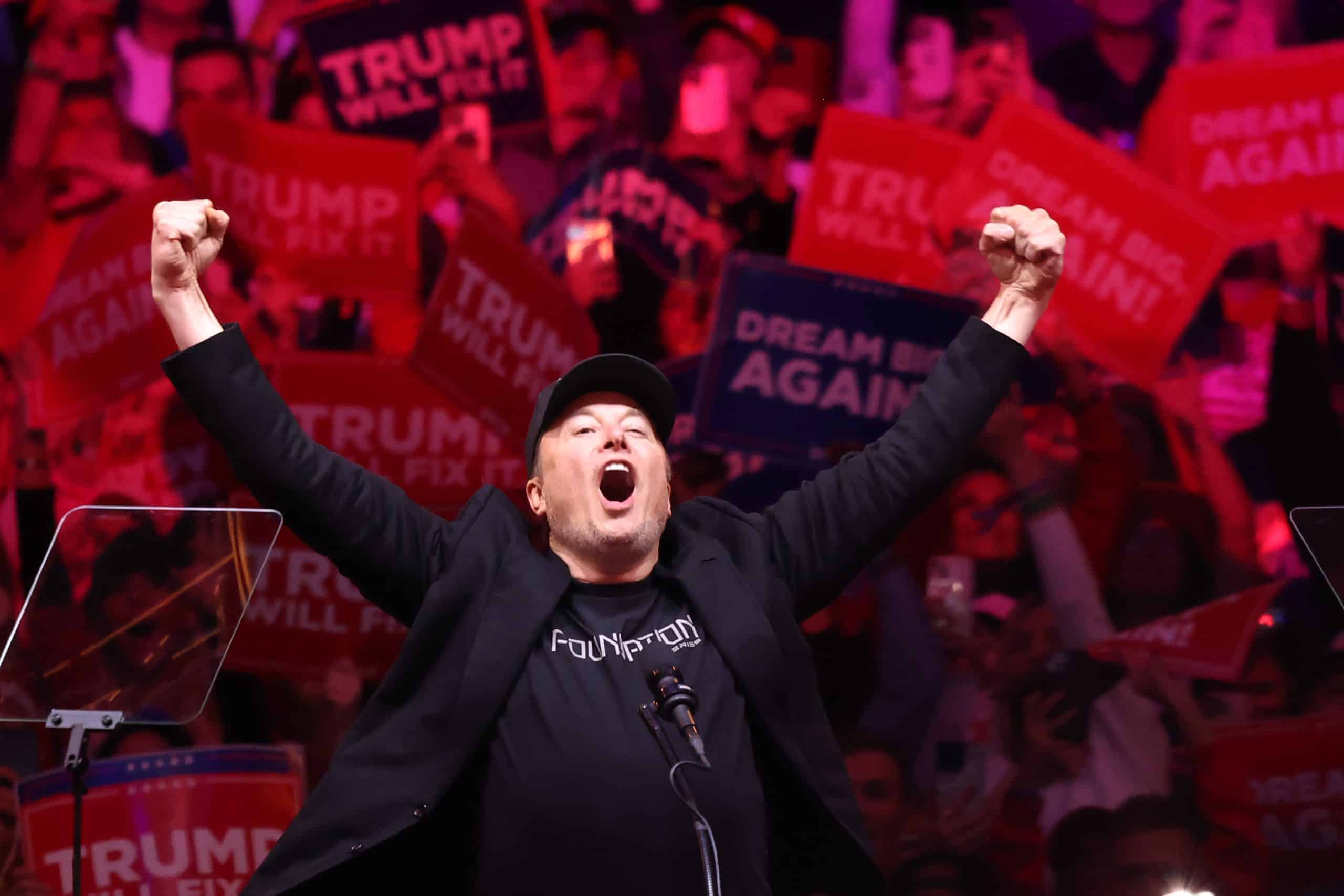Personal Finance
21 Tax Laws Changes Congress Should Make - But Probably Won't... Or Maybe Not

Published:

It’s no secret that the crushing inflation and economic hardship wrought by the Biden Administration’s policies were a major reason for the landslide presidential electoral victory in November by President Trump. With the costs of necessities like food, medicine and fuel skyrocketing, voters longed for the return of the Trump economic policies and financial bounties of only 5-8 years ago.
President Trump’s landmark 2017 Tax Cuts and Jobs Act (TCJA) is the foundational legislative platform that allowed individuals to keep a greater portion of their hard earned money and removed many of the red tape handcuffs that had suppressed entrepreneurism and small business initiatives under the Obama Administration.
A good portion of these gains slowed and were then hampered by the 2020 pandemic, subsequently getting snuffed out by the Biden Administration’s added regulatory burdens and inflation-fueled profligate spending, with the help of a compliant Congress. President Trump’s new administration is already restoring optimism, with billions in investment money began returning to the US in only a few weeks since his electoral victory.
A number of accounting and legal firms have weighed in on the further steps in tax reform the second Trump Administration will undertake, based on campaign vows and the popular results from the TCJA. Some of the proposals, such as doing away with the IRS, were met with derision and skepticism. Although Republicans have a slight House majority and a more solid one in the Senate, conventional wisdom holds that such a move would be unlikely to get the necessary votes, but that other initiatives might have a somewhat better chance. More recent events in the news might now improve those odds.
President Trump’s 2017 Tax Cuts and Jobs Act (TCJA) ushered in individual tax cuts for nearly 2/3 of Americans and a boom in entrepreneurism and economic growth.
President Trump’s re-election, along with Republican control of Congress, may very well renew, extend, and increase the gains from TCJA before their expiration in 2026, in addition to additional tax reforms.
The billions and possibly trillions of spending abuses and waste being uncovered by DOGE by USAID and other federal government entities are garnering outcry from the public at large that will bolster support for reforms and make it harder for obstructive politicians and special interests to defeat those measures.
4 million Americans are set to retire this year. If you want to join them, click here now to see if you’re behind, or ahead. It only takes a minute. (Sponsor)

President Trump has long advocated for a simplification of the tax code, and TCJA made significant strides in that direction. The success of individual provisions that directly benefited roughly 65% of American citizens were set to expire in 2026. Some of the expected changes and revisions expected include:
On the corporate level, a number of the TCJA initiatives that stimulated entrepreneurism and small business creation led to drastically reduced unemployment. This subsequently expanded the taxpayer base, and also helped to reduce crime in areas with high unemployment. Among these were:

Some of the additional proposals by President Trump that may become part of the tax code in the near future for businesses include:
On the individual side, some of the more popular initiatives that President Trump has mentioned include:

Many analysts writing about President Trump’s tax reform plans were expecting considerable resistance from Congress, especially in the House of Representatives, where the Republican majority margin difference is only +3 seats. Opposition to any of President Trump’s previous plans have predominantly been knee-jerk reactions without substantive counter-argument.
The appointment of Elon Musk to head the Department of Government Efficiency (DOGE) has uncovered numerous spending abuses of taxpayer funds by Congress and many bureaucrats that run into hundreds of billions, and possibly into trillions of dollars. The discovery of USAID funds paid to terrorists and wasteful overseas spending initiatives on politically woke entertainment projects and the like have generated enormous public anger and outcry.
As a result, calls for additional audits of government entities, such as the Board of Education and the Pentagon, may unveil further spending abuses and unaccountability. Such news will likely boost the growing support for tax reforms that President Trump has already proposed. With several members of Congress already starting to cave to a public angered by lies from their representatives in D.C., popular support may very well help President Trump’s forthcoming tax initiatives pass congressional impasses.
Start by taking a quick retirement quiz from SmartAsset that will match you with up to 3 financial advisors that serve your area and beyond in 5 minutes, or less.
Each advisor has been vetted by SmartAsset and is held to a fiduciary standard to act in your best interests.
Here’s how it works:
1. Answer SmartAsset advisor match quiz
2. Review your pre-screened matches at your leisure. Check out the advisors’ profiles.
3. Speak with advisors at no cost to you. Have an introductory call on the phone or introduction in person and choose whom to work with in the future
Thank you for reading! Have some feedback for us?
Contact the 24/7 Wall St. editorial team.